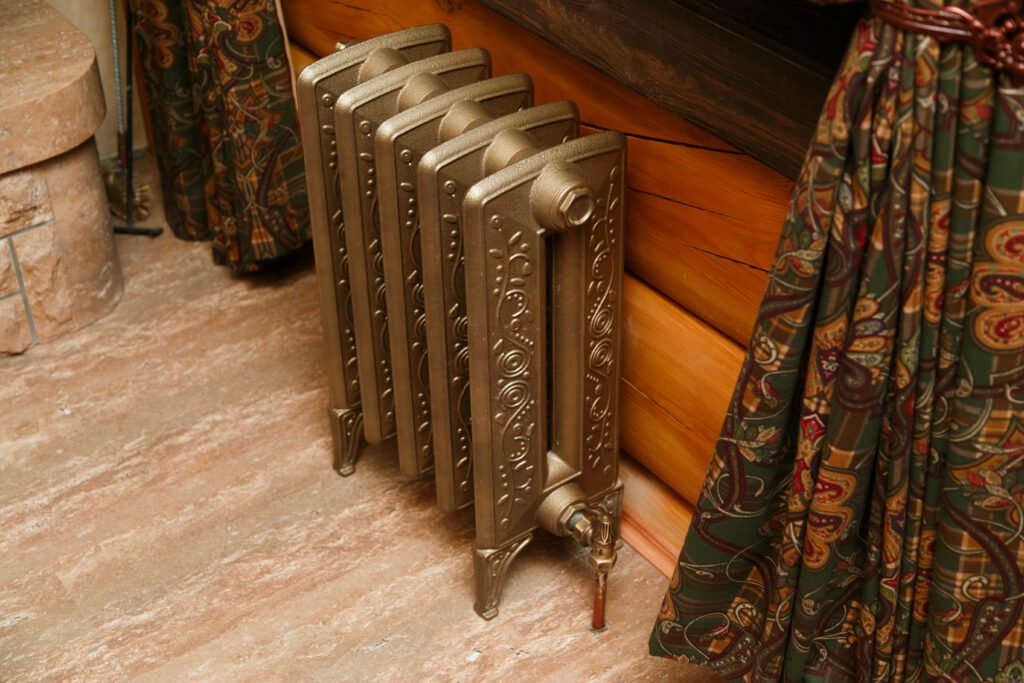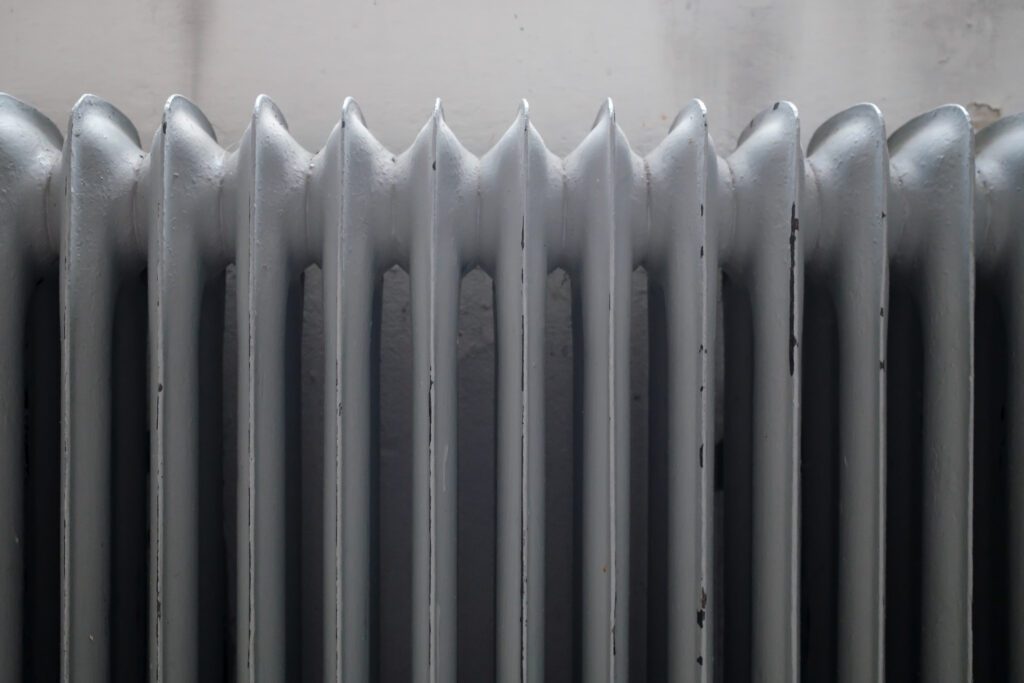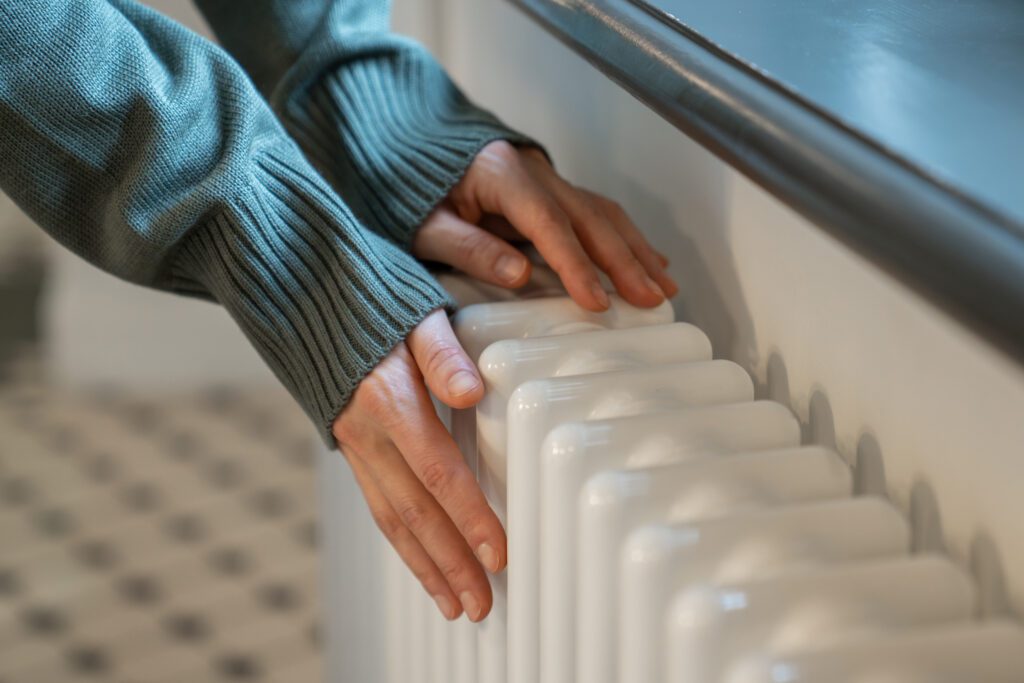Heating your home effectively is essential, particularly in Martinsburg, West Virginia, where the winters can be cold and unforgiving. Proper heating not only keeps you warm but can also save you money on energy bills. This article outlines the fundamental aspects of residential heating, evaluates your current heating setup, and provides practical tips to improve efficiency and comfort in your home.
Understanding the Basics of Residential Heating
Before diving into tips and recommendations, it’s crucial to understand the basics of residential heating. Heating systems can significantly impact both comfort and energy efficiency in your home. Familiarizing yourself with the types of systems available will help you make informed decisions.
Importance of Efficient Heating Systems
Efficient heating systems are vital for maintaining a comfortable indoor environment during the cold months. Not only do they provide warmth, but they also help reduce your overall energy consumption. An efficient system minimizes heat loss and ensures that you are getting the most out of the energy you are purchasing.
Moreover, a well-functioning heating system can extend the life of your equipment. Regular maintenance and energy-efficient practices can prevent costly repairs and replacements in the future. In terms of environmental impact, using less energy results in a lower carbon footprint, which is beneficial for the planet. This is particularly important as more homeowners become aware of their ecological footprint and seek sustainable living solutions. By opting for energy-efficient systems, you not only save on utility bills but also contribute to a healthier environment for future generations.
Different Types of Residential Heating Systems
Residential heating systems come in various forms, each with its own advantages and drawbacks. Here are some common types found in Martinsburg:
- Furnaces: Using gas, oil, or electricity to heat air, furnaces distribute warmth through ductwork.
- Boilers: These systems heat water and distribute steam or hot water through radiators or pipes.
- Heat Pumps: These devices transfer heat from outside to inside during winter and can also provide cooling in summer.
- Radiant Heating: A less common option, radiant heating warms floors or walls directly using electric cables or water-filled tubing.
Understanding these systems can help you choose the best option based on your specific needs and circumstances. For instance, if you live in a region with mild winters, a heat pump might be the most energy-efficient choice, as it can also cool your home in the summer. Conversely, in areas that experience extreme cold, a high-efficiency furnace or boiler may be necessary to ensure adequate warmth. Additionally, considering factors such as installation costs, maintenance requirements, and available fuel sources can further guide your decision-making process. By taking the time to evaluate these aspects, you can select a heating system that not only meets your comfort needs but also aligns with your budget and lifestyle preferences.
Evaluating Your Current Heating System

Before implementing any heating tips, it’s important to evaluate your current heating system. This assessment can help determine whether your setup is efficient or in need of improvement. Understanding the performance of your heating system not only contributes to a more comfortable living environment but also plays a significant role in energy conservation and cost savings.
Signs of an Inefficient Heating System
Identifying an inefficient heating system is crucial for timely repairs or upgrades. Key indicators include:
- Inconsistent temperatures throughout your home.
- Excessive energy bills without a clear reason.
- Frequent repairs or maintenance needs.
- Unusual noises or smells coming from the system.
If you recognize any of these symptoms, it may be time to consider a heating system upgrade or maintenance. Additionally, you might notice that certain rooms are significantly colder or warmer than others, which can indicate issues with ductwork or insulation. Addressing these discrepancies not only enhances comfort but can also lead to improved energy efficiency, reducing your overall carbon footprint.
When to Consider a Heating System Upgrade
Consider upgrading your heating system if it is older than 15 years, frequently requires repairs, or fails to provide consistent comfort. Newer systems often utilize advanced technology, making them more energy-efficient and reliable. Moreover, many modern systems are designed with smart technology that allows for remote control and monitoring, providing you with greater flexibility and control over your home’s heating.
Sometimes, upgrading to a more efficient system can offer significant cost savings in the long run, even if the initial expense is higher. Factors like local utility incentives or tax rebates can also make upgrading more affordable. A qualified heating professional can help assess your situation and provide recommendations tailored to your home. Furthermore, investing in a high-efficiency heating system can enhance your property value and appeal, making it a wise choice for homeowners looking to sell in the future. As you explore your options, consider the long-term benefits of improved indoor air quality and reduced environmental impact that come with modern heating solutions.
Top 10 Heating Tips

Now that you have a firm understanding of the basics and the importance of your heating system, here are the top 10 tips for improving heating efficiency in your Martinsburg home.
Regular Maintenance and Inspections
Regular maintenance is key to extending the lifespan of your heating system. You should schedule professional inspections at least once a year. These inspections will ensure that your system is clean, well-adjusted, and operating at peak efficiency. Additionally, check air filters monthly and replace them as needed to maintain good airflow and indoor air quality. Neglecting maintenance can lead to inefficient operation, increased energy bills, and even unexpected breakdowns during the coldest months. By investing a little time and money into upkeep, you can avoid larger costs down the line.
The Role of Insulation in Heating
Insulation plays a crucial role in keeping your home warm. Properly insulated walls, roofs, and floors prevent heat from escaping your living space. In Martinsburg, consider adding insulation in attics and crawlspaces, where heat loss is most common. Energy-efficient windows and doors also help to reduce drafts and maintain indoor warmth. Furthermore, using insulation materials with high R-values can significantly enhance your home’s thermal resistance, making it easier to maintain a consistent temperature without overworking your heating system.
Optimal Thermostat Settings for Winter
During winter months, keeping your thermostat set to a consistent temperature can help maintain comfort and energy efficiency. The U.S. Department of Energy suggests keeping your thermostat at 68°F while you are awake and lowering it while you are asleep or away from home. Every degree you lower the thermostat can help save on energy costs. Additionally, consider using space heaters in frequently used rooms to provide extra warmth without heating the entire house, thus optimizing your energy consumption and keeping bills manageable.
The Benefits of Programmable Thermostats
Investing in a programmable thermostat allows you to set specific heating schedules for when you are home and when you are away. These devices can significantly reduce your heating bills and increase comfort levels. Some smart thermostats even learn your behaviors over time and adjust accordingly. With features like remote access via smartphone apps, you can monitor and adjust your home’s temperature from anywhere, ensuring that you never return to a cold house again.
Importance of Sealing and Weatherstripping
Sealing gaps and cracks around windows, doors, and other areas can prevent heat loss. Weatherstripping is an inexpensive solution that can be applied easily to maintain energy efficiency. Be diligent about checking for drafts, especially during the colder months, and take action to seal up areas that may be leaking air. In addition to weatherstripping, consider using caulk to fill in larger gaps and cracks, which can further enhance your home’s insulation and reduce energy waste.
Energy-Efficient Heating Options
Explore energy-efficient heating options such as electric heaters, biomass boilers, or geothermal systems. These solutions can lower energy bills and reduce environmental impacts. Consult with local professionals to identify options best suited to your home and climate. Additionally, look into government incentives or rebates for upgrading to more efficient systems, which can help offset initial installation costs and make the transition more affordable.
The Role of Ventilation in Heating Efficiency
Proper ventilation is essential to ensure that heat is distributed evenly throughout your home. Avoid blockage of vents and ensure that your heating ducts are clean and free from obstructions. Regularly inspecting and cleaning your ventilation systems can significantly improve heating efficiency and air quality. Consider using exhaust fans in kitchens and bathrooms to help remove excess moisture and heat, which can contribute to a more balanced indoor climate.
Using Natural Heat Sources
Take advantage of natural heat sources whenever possible. Open curtains during sunny days to let sunlight warm your space, and close them at night to retain heat. Additionally, make use of heavy curtains, thermal blinds, or shades to minimize heat loss during the winter months. Incorporating reflective materials in your home’s design can also help bounce sunlight into your living spaces, maximizing the benefits of natural light and warmth.
The Impact of Landscaping on Heating Efficiency
Your landscape can influence how warm or cold your home feels. Strategically planting trees and shrubs can provide windbreaks and shade, consequently affecting your heating needs. Use deciduous trees to block winter winds while allowing sunlight to warm your home in the cooler months. Additionally, consider planting evergreen trees on the north side of your property to act as a natural barrier against cold winds, which can further enhance your home’s heating efficiency.
The Benefits of Zoned Heating Systems
Zoned heating systems allow you to control the temperature in different areas of your home independently. This is particularly advantageous for larger homes where heating needs might vary from room to room. Investing in a zoned system can lead to improved comfort and energy savings. By tailoring the heating to specific areas, you can avoid wasting energy on rooms that are seldom used, thereby optimizing your overall heating strategy.
Moreover, zoned systems can be integrated with smart technology, enabling you to monitor and adjust temperatures remotely, ensuring that your home remains comfortable without unnecessary energy expenditure. This level of control not only enhances comfort but also contributes to a more sustainable approach to home heating, aligning with modern energy conservation efforts.



